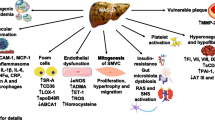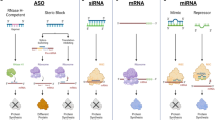++
-oxidized [oxLDL] or malondialdehyde derivatized LDL [MDA-LDL]), that consistently mirrors the occurrence of oxidative modifications in vivo. A statistically significant correlation (r= 0.23, p= 0.039) was found between the degree of carotid stenosis and antiMDA-LDL specific ratio (a parameter that describes the specificity of LDL towards other proteins as target for oxidative modification). A statistically significant correlation was also found between the PU score and antioxLDL IgG (r= 0.32, p= 0.011), antiMDA-LDL IgG (r= 0.25, p= 0.045) and antiMDA-LDL IgG specific ratio (r= 0.38, p= 0.002). None of the classical biochemical parameters (total, LDL and HDL cholesterol and triglycerides) correlated with the above-mentioned plaque characteristics. The results shown, support the use of biological markers of in vivo LDL oxidation (antioxidatively modified LDL autoantibody titers) to evaluate the clinical setting of high-risk carotid atherosclerosis both in screening and in follow-up studies.
Similar content being viewed by others
Author information
Authors and Affiliations
About this article
Cite this article
Chiesa, R., Melissano, G., Castellano, R. et al. In Search of Biological Markers of High-Risk Carotid Artery Atherosclerotic Plaque: Enhanced LDL Oxidation. 12, 1–9 (1998). https://doi.org/10.1007/s100169900107
Issue Date:
DOI: https://doi.org/10.1007/s100169900107




